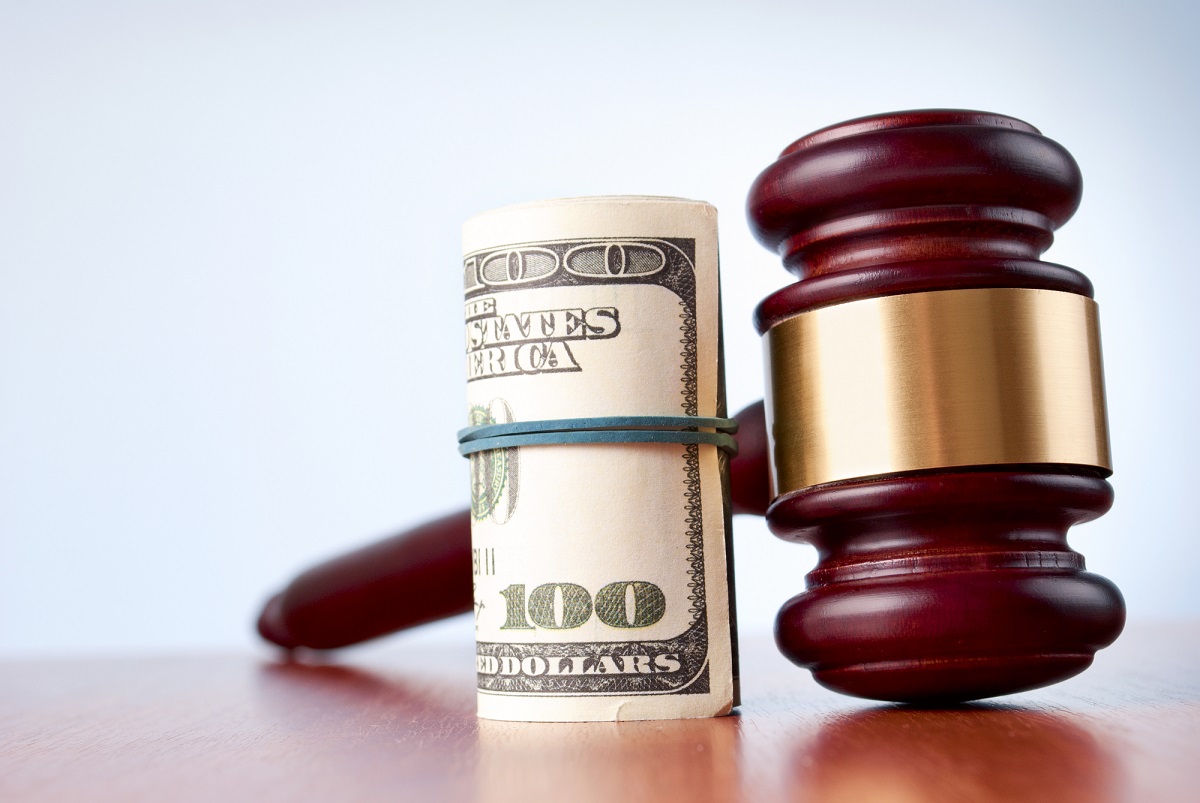A Comprehensive Overview to the Financial and legal Facets of Bail Bonds
The intricate world of bail bonds offers as a crucial element within the lawful system, yet it typically continues to be shrouded in mystery for many individuals. This guide dissects the legal structure and economic details that define bail bonds, losing light on the critical role of bail representatives and the numerous bond types offered. Comprehending the economic effects, such as non-refundable premiums and possible security loss, is essential.
Comprehending Bail Bonds
Navigating the intricacies of the lawful system often calls for a clear understanding of bail bonds. Essentially, a bail bond is an economic warranty to the court that the accused will certainly show up at all needed hearings.

The bail bondsman thinks the risk, guaranteeing conformity with court looks - bail bonds richland county. This system permits the harmonizing of individual liberty with the assurance that justice can be offered, promoting an extra effective legal procedure
Legal Framework of Bail
The legal framework of bail is intricately structured to balance the civil liberties of the charged with the passions of public security and the honesty of the judicial process. At its core, bail functions as a system to ensure that accuseds go back to court while waiting for trial, without the demand for pretrial apprehension. The Eighth Modification of the United States Constitution prohibits extreme bail, thus protecting against corrective pretrial measures that would unduly limit a person's liberty.
Judges play a crucial role in figuring out bail, taking into consideration aspects such as the nature and extent of the violation, the defendant's criminal background, possibility of flight, and possible hazard to the area. This discretionary power intends to customize bail decisions to individual conditions, promoting fairness while maintaining public safety and security. Territories may have specific laws and guidelines that even more define the problems under which bail is proper.
In addition, the legal structure incorporates different types of bail, including cash bonds, surety bonds, and personal recognizance, each with distinctive demands and ramifications. Current reforms in some territories have actually sought to deal with systemic inequalities by reducing dependence on cash money bail, thereby highlighting non-monetary conditions that line up much more carefully with concepts of justice and equality.
Role of Bail Brokers
While the lawful structure of bail establishes the stage for judicial discernment, bail agents play a crucial duty in the useful functioning of the bail system. These experts, additionally known as bail bondsmensman, serve as middlemans between the court and the implicated, facilitating the launch of offenders from custodianship pending trial. By releasing guaranty bonds, bail representatives guarantee the defendant's look in court, properly assuming financial responsibility if the specific stops working to show up.
Bail representatives possess a deep understanding of the lawful processes and requirements for publishing bail, supplying invaluable assistance to accuseds and their families throughout what can be a stressful period. They examine the danger connected with each offender and identify whether to provide a bond based on various elements, consisting of the nature of the claimed crime, the offender's criminal history, and connections to the neighborhood.
Furthermore, bail representatives frequently utilize approaches to guarantee conformity, such as routine check-ins or making use of monitoring gadgets. Their involvement is pivotal in keeping the equilibrium in between private legal rights and public safety and security, as they allow the judicial system to function effectively by ensuring accuseds exist for their court process without unnecessary pretrial detention.
Financial Considerations
Bail bonds serve as an economic warranty to the court that the offender will show official site up at all needed hearings. When bail is unaffordable, accuseds often transform to bail bond firms.
Collateral might also be required, which can consist of properties such as realty or vehicles. If the offender stops working to show up in court, this ensures the bail bond firm can redeem its losses. It is important for families to assess their financial circumstance before committing to a bail bond, as failure to follow court looks can lead to the forfeit of security.
In addition to the costs and collateral, defendants should take into consideration any extra charges useful source that a bail bond firm could charge, such as administrative or processing costs, which can additionally affect their financial liability. Recognizing these economic commitments is essential to make informed decisions.
Obligations and dangers
Involving with a bail bond agency takes the chance of both introduces and responsibilities that offenders and their households need to carefully think about. By safeguarding a bail bond, the accused or their household promises to pay a non-refundable charge-- normally 10% of the bail quantity.
If the defendant falls short to show up in court, the co-signer threats shedding this collateral. Additionally, they might have to cover any expenses incurred by the bail bond company in their efforts to capture the defendant and find.
An offender that misses court appearances can deal with apprehension and added charges. Understanding the complete scope of these responsibilities and dangers is important for anyone thinking about the bail visit our website bond procedure.

Final Thought
The lawful and monetary ins and outs of bail bonds demand a complete understanding of the mechanisms controling bail, consisting of the duties of bail representatives and the various types of bonds available. This detailed understanding aids in navigating the complex landscape of bail and its associated obligations.
A bail bond agency, frequently an exclusive service, gives a guaranty bond to the court, covering the full bail quantity in exchange for a cost, typically 10% of the total bail.
